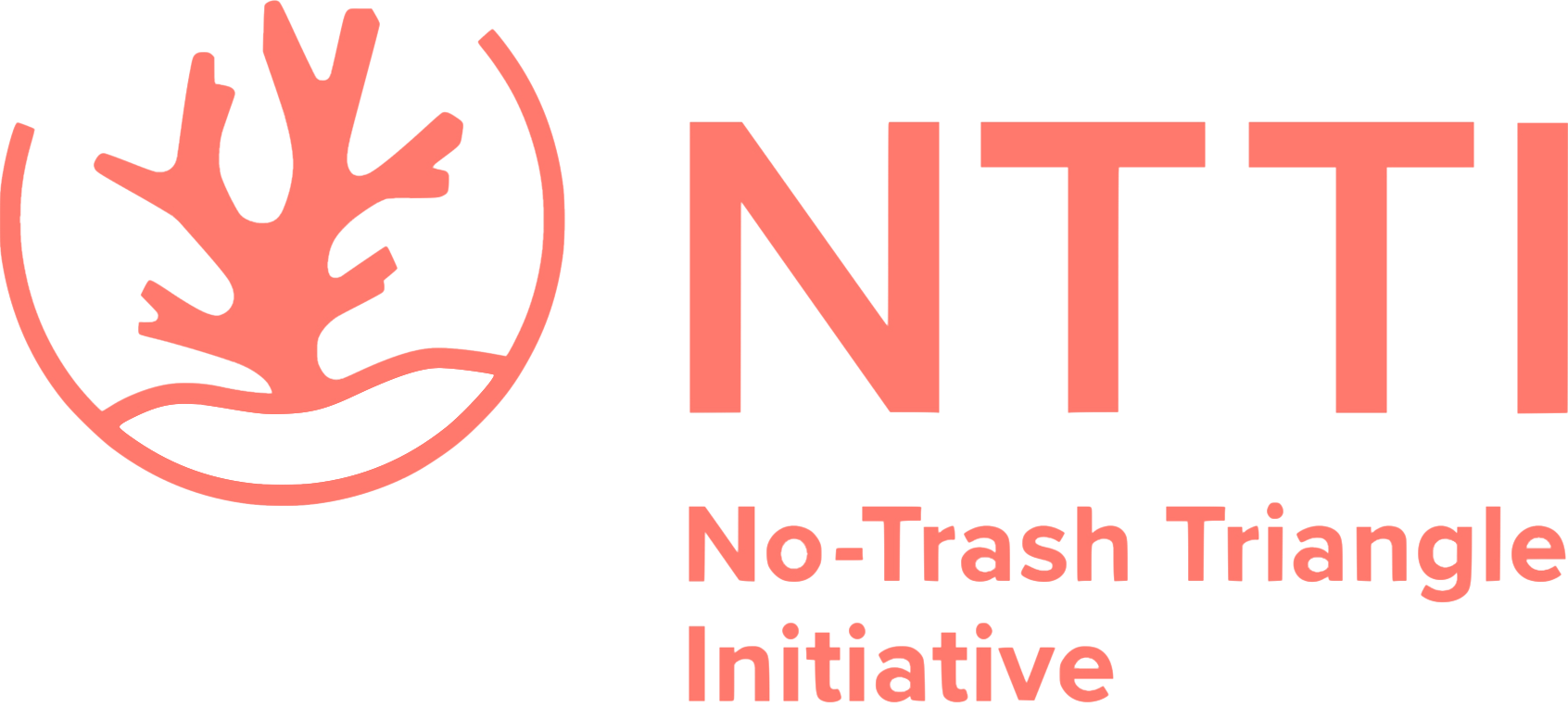Waste pickers: hidden heroes of waste management in Indonesia
Manado’s main official landfill at Sumompo can be a sensory overload for first time visitors. The dump is the final resting place for much of Manado’s household and commercial waste and the smell can be overpowering, particularly on hot days. According to a recent report commissioned by IndII and AusAid, the 3.11 hectare landfill in North Sulawesi’s capital, has been filled well beyond capacity and has issues with its leachate treatment facilities*. Despite this, thousands of people are thought to make their living on the dump, combing it for items of value and working as waste pickers or “pemulung”. This unofficial team comb the dump for recyclable waste, sending it on for further processing.
The International Alliance of Waste Pickers estimates that there are nearly 2 million people working as Pemulung across Indonesia**. In Indonesia’s newly industrialised economy, secure long term employment can be difficult to come by, and waste picking offers a flexible, easily accessible source of income. In addition, it is an economy which recognises the value of “waste”. Most Pemulung will work for a coordinator who will employ a group of waste pickers and sometimes (although rarely) provide social security and health insurance. The local coordinator will work for a supplier who trades the collected materials and who is the main source of the finance underpinning the operation.
Manado’s Pemulung work in dangerous conditions, sometimes living on or around the dump, surrounded by dangerous chemicals and hazardous materials. PPE is rare and you’ll often see people combing the mounds of trash wearing thin shirts and trousers and flimsy flip flops. Although fulfilling an important function, this is a dangerous and poorly paid job, offering little in the way of security. Most Pemulung are estimated to earn less than $1 USD per day**.
Waste management in an urban area like Manado involves a number of different private companies, and materials of value like aluminium and glass are often extracted from collected waste before it makes it to the dump. The main materials entering the dump are organic or plastic containers, wrappers, bags and bottles. It is the PET plastic bottles that the waste pickers mostly gather, trading them in for pennies with their local coordinator.
Whilst the waste pickers are playing an important role in the waste management supply chain in Indonesia, we believe that safer working conditions and a better waste management system could prevent many of the risks associated with the job today. A fundamental part of the circular economic model we aim to build at No-Trash Triangle is the creation of local jobs. We’ve been lucky enough to have two former waste pickers start working with us over the past 12 months. Ibu Leila and Pak Indra are now working in our Ocean Plastic Sorting Station in Manado, receiving a guaranteed salary with health and social security benefits as well as the proper clothing and PPE required to do the job safely. We’re delighted to have both of them join the team. They’re quick workers, understand the value of the waste we’re processing and are happy to get stuck in, whether it’s at our sorting station or out on the field collecting waste from our river barriers or the local community. As we scale, we hope to provide further secure employment opportunities to the hidden heroes of Indonesian waste management!
Ibu Leila’s story
“There were about 100 people working at the landfill. We got no help from government for health insurance and had to work in really hot temperatures with no protection from heat and rain. Often we’d come across dangerous materials such as glass.”
Leila, 39, worked in Sumompo Landfill for almost 15 years following a break up with her former partner. It provided her with an independent source of income. With only primary level education, waste picking was a job that required no qualifications and was easily accessible.
Each day, the pickers would wait until the waste trucks arrived and then pick through the dumped trash for items of value. She’d collect roughly two large sacks of plastic each day and trade them in with the local coordinator for as little as €0.05 / kg of mixed water bottles/hard plastic containers.
Ibu Leila worked with us temporarily during the rainy season and impressed us with her positive attitude and the speed with which she worked. Thanks to donations and funding, our Initiative has scaled to the point where we’ve been able to hire Ibu Leila along with her colleague, Pak Indra on a permanent basis. They now work in a much safer environment and have a proper salary and associated benefits including medical insurance. This security has been transformative for Leila who says she feels “surprised and happy” to have this new job. We’re not surprised at all! She’s brilliant.
Sources:
*https://www.mottmac.com/article/39981/no-need-to-be-down-in-the-dumps
**https://globalrec.org/law-report/indonesia/#:~:text=Nearly%20two%20million%20people%20work,recycling%20plastics%2C%20metal%20and%20cardboard.



